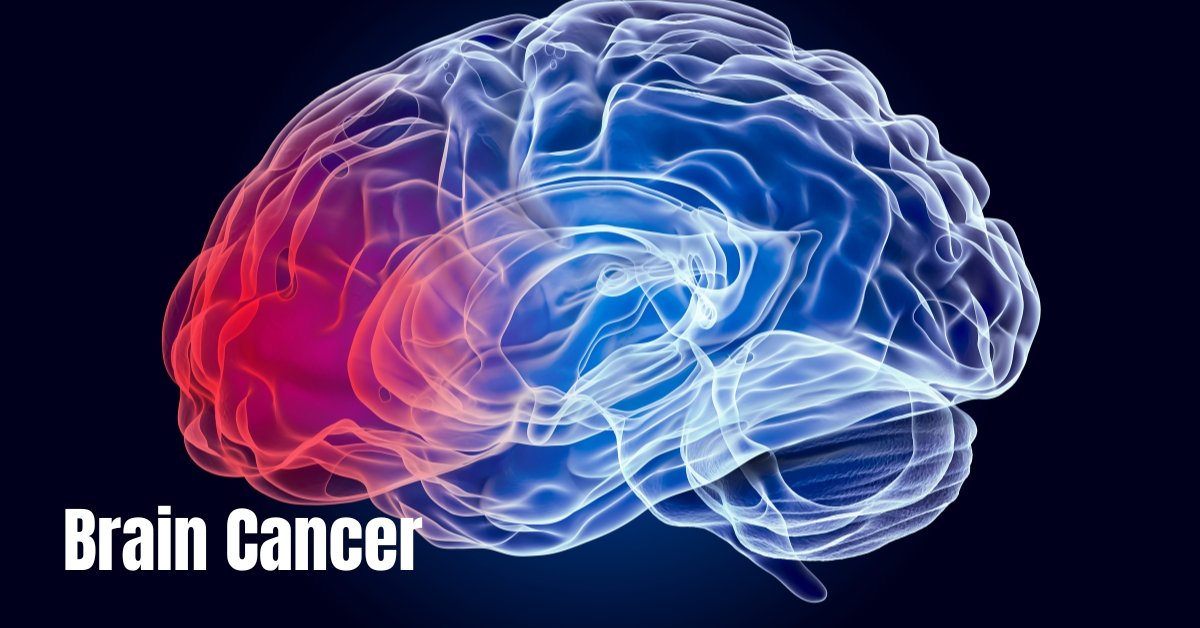
As an oncologist specializing in the treatment of brain cancer, I’m deeply committed to shedding light on this complex and often challenging disease. In this comprehensive guide, we’ll explore the basics of brain cancer, including its types, symptoms, diagnosis, treatment options, and the latest advancements in research and care.
What is Brain Cancer?
Brain cancer refers to the abnormal growth of cells within the brain or its surrounding tissues. These cancerous cells can form tumors that interfere with normal brain function and may spread to other parts of the central nervous system. Brain cancer can be primary, originating in the brain itself, or secondary, resulting from cancer that has spread from other parts of the body (metastatic brain cancer).
Types of Brain Cancer:
There are several types of brain cancer, each with its own characteristics and treatment approaches. Common types include:
- Gliomas: These tumors originate in the glial cells, which provide support and protection for neurons. Gliomas include astrocytomas, oligodendrogliomas, and glioblastomas, which are among the most aggressive and challenging to treat.
- Meningiomas: These tumors develop in the meninges, the protective membranes that surround the brain and spinal cord. Meningiomas are typically slow-growing and may cause symptoms if they compress nearby structures.
- Metastatic Brain Cancer: Cancer that has spread to the brain from other parts of the body, such as the lungs, breast, or skin. Metastatic brain tumors are more common than primary brain tumors and often require a different treatment approach.
Brain Cancer Symptoms and Diagnosis:
The symptoms of brain cancer can vary depending on factors such as tumor size, location, and rate of growth. Common symptoms may include headaches, seizures, changes in vision or hearing, cognitive changes, and difficulty with balance or coordination. Diagnosis typically involves imaging tests such as MRI or CT scans, along with a biopsy to confirm the presence of cancerous cells.
Brain CancerTreatment Options:
Treatment for brain cancer depends on factors such as tumor type, size, location, and the overall health of the patient. Treatment options may include:
- Surgery: Surgical removal of the tumor is often the first-line treatment for accessible brain tumors, with the goal of removing as much of the tumor as possible while preserving brain function.
- Radiation Therapy: High-energy radiation is used to target and destroy cancer cells, either as a primary treatment or following surgery to eliminate any remaining tumor cells.
- Chemotherapy: Drugs are used to kill cancer cells or inhibit their growth, either orally or intravenously. Chemotherapy may be used alone or in combination with other treatments.
- Targeted Therapy: Drugs that target specific molecules involved in cancer growth and progression, offering a more precise and personalized approach to treatment.
Advancements in Research and Care- brain cancer:
Ongoing research into the biology of brain cancer, as well as the development of innovative treatment approaches such as immunotherapy and precision medicine, offer hope for improved outcomes and quality of life for patients. Clinical trials are underway to evaluate new therapies and combinations of treatments, with the goal of finding more effective and less toxic options for patients with brain cancer.
In conclusion, while brain cancer presents significant challenges, advances in research and care are bringing new hope to patients and families affected by this devastating disease. As oncologists, researchers, and advocates, we remain committed to advancing our understanding of brain cancer and improving outcomes for all those affected. By raising awareness, supporting research, and providing compassionate care, we can continue to make progress in the fight against brain cancer and ultimately find a cure.
Recomanded: Bladder Cancer Unveiled: Insights, Innovations, and Paths to
Why More Young Adults Are Developing Colorectal, Pancreatic & Other GI Cancers …
By Dr. Saadvik Raghuram Y – Leading Oncologist in Hyderabad World Cancer …
Why Are So Many Young People Getting Cancer Today? Across the world, …
January is Cervical Cancer Awareness Month in India, and this article explains …
Cancer-Related Fatigue (CRF) is one of the most common—and most underestimated—symptoms experienced …
Every year, Aplastic Anemia Awareness Month shines a spotlight on a rare …

